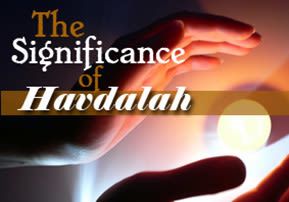
The Significance of Havdalah
Suddenly, three stars appear, the Shabbat departs and we are plunged back into the darkness of this world like a crash landing into reality. What do we do?

Behold! G-d is my salvation, I trust in Him, and will not fear. For my strength and song is in G-d, the Eternal, and He shall be for me salvation. You shall gather water in gladness from the springs of salvation. To Hashem is salvation, on Your people is Your blessing forevermore. Hashem the Master of Legions is with us, the G-d of Yaakov is our refuge, forevermore. With the Jews was light, joy, gladness and honor. So should it be with us. The cup of salvation I will raise, and upon the name of Hashem will I call.
(Preliminary verses during the Havdalah ceremony, with which we end Shabbat)
Shabbat Kodesh – the holy Sabbat – is a time of complete connection to Hashem, and a taste of the World to Come. Shabbat is “yom menuchah” – a day of tranquility, a day of “orah v’simchah” – light and joy. We remain in this world, eating and celebrating, learning Torah and praying, singing songs to Hashem and being with our families – and yet, we are above the world, abstaining from our normal mode of avodah – of work. The entire world stops – cell phones, computers, the “daily grind” – and for 25 hours of bliss, we have the opportunity to connect with Hashem without the usual distractions. The Kabbalists teach that we even get a second soul, with which we connect to the spiritual realm even more.
Suddenly, Saturday night, we are plunged back into the darkness of this world. The second soul is taken from us, the extra holiness of Shabbat recedes into a memory, and we are left only with this aching emptiness. Back to work – in thoughts, and in action. Back into the world where Hashem’s hand is hidden, back to spiritual exile, back to the grueling, harsh reality of this world of difficulty and suffering.
We make this transition by doing Havdalah. The root of the word Havdalah means “to separate.” The last blessing we make during this ceremony, with which Shabbat is officially over, is “Baruch atah Hashem, hamavdil bein kodesh l’chol” – Blessed are You G-d, who separates between holy and mundane.
Kedushah – holiness – implies the eternal. Mitzvot – doing Hashem’s commandments – make us holy – they have eternal significance. Shabbat is eternal; so is Am Yisrael, the people of Israel, called goy kadosh, a holy nation.
However, the word for “mundane” or “common” is chol. In Hebrew, chol also means “sand.” The days of the week slip through our fingers like sand. Each one is different and unique, and yet against the backdrop of time, they are measured together – clumped into different stages, viewed as one unit, with one hardly distinguishable from the other.
At the very beginning of this difficult transition between the holy and eternal Shabbat and the mundane days of the week, we read these beautiful verses. The translation above doesn’t do the Hebrew justice – these words are laden with layers upon layers of meaning. The verses comfort us, reminding us that even though we are leaving the protection of Shabbat as it were, Hashem is still with us. Hashem is there guiding us, giving us light and joy, protecting us and saving us from the terrors of this world. Shabbat is an eternal reminder that Hashem created the world and continues to sustain it – He is in charge of everything, not us.
Moreover, these verses inform us as to how to get through the coming week during these difficult times. First, it sets the foundation: Behold, G-d is my salvation. Hashem runs the world and is the Ribbono Shel Olam – The Master of the World. Only Hashem has the power to save us – nothing and no one else can solve our problems. Evtach – if we trust in Hashem and Hashem only, then v’lo efchad – there is nothing to fear, because nothing and no one has more power than Hashem to do anything to us that Hashem has not decreed. Yes, we are absolutely powerless to Hashem’s will and we cannot save ourselves – but our enemies are also powerless to His will. They can be neutralized instantly, however Hashem wants, whenever Hashem wants.
Once we realize this essential fact, then vayahi li l’yeshua – Hashem will be for me a salvation. A court cannot help someone who is not within its jurisdiction, and cannot see a case currently in another court’s jurisdiction. If we trust in something besides Hashem to help us, then we are put under that “court’s” jurisdiction. Hashem doesn’t step into another court’s jurisdiction – He lets that court handle the case. But when we ask Hashem directly to solve our problems and recognize that we cannot do so ourselves, then we are put in His court so to speak – and He always acts with justice and mercy. Moreover, our suffering and troubles have now served their purpose – to bring us closer to Hashem and strengthen our trust and faith in Him, and Him only. It’s as if Hashem says: “I have given you this trial, and now that you know that it is from Me, I will now remove it.”
If we can take this message to heart and strengthen our emuna in Hashem’s ability to save us this week and every week, then we will indeed be saved – not only as individuals, but G-d willing soon, as a nation. Just as when Hashem saved the Jewish people during the time of Purim and the Jews had light, joy, gladness and honor – so should it be with us! Hashem should bring the complete redemption of our people and Mashiach, speedily and in our days, and usher in the era of kulo Shabbat u’menucha – total spirituality and tranquility. Amen.




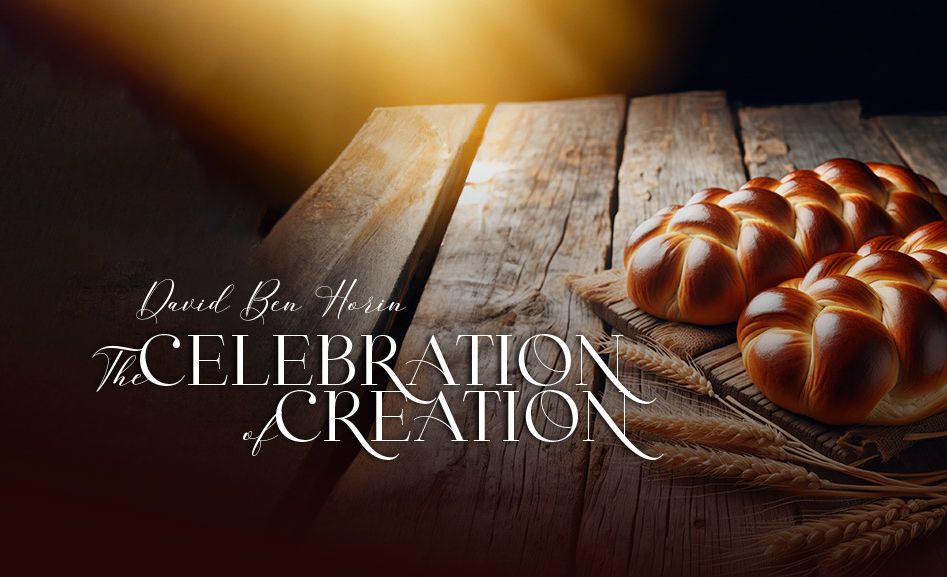
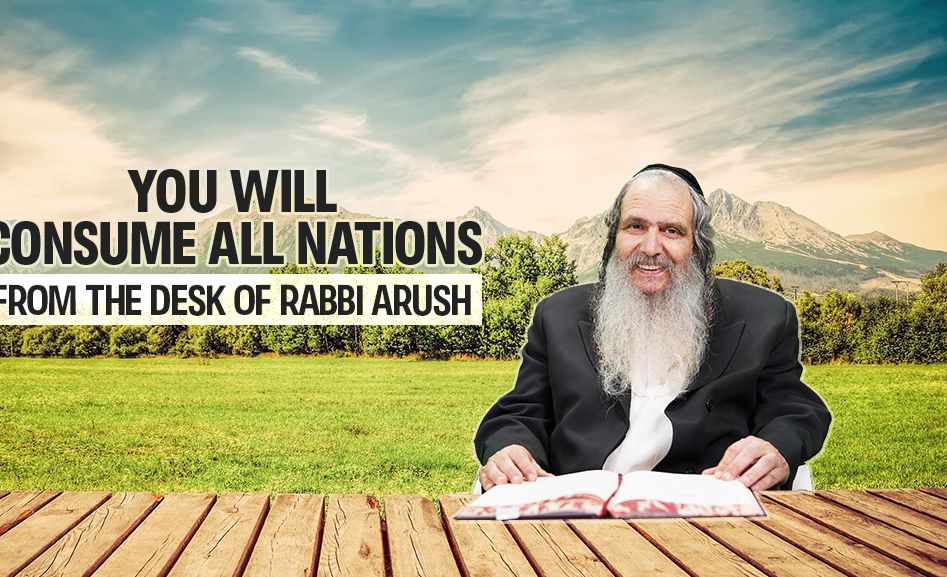

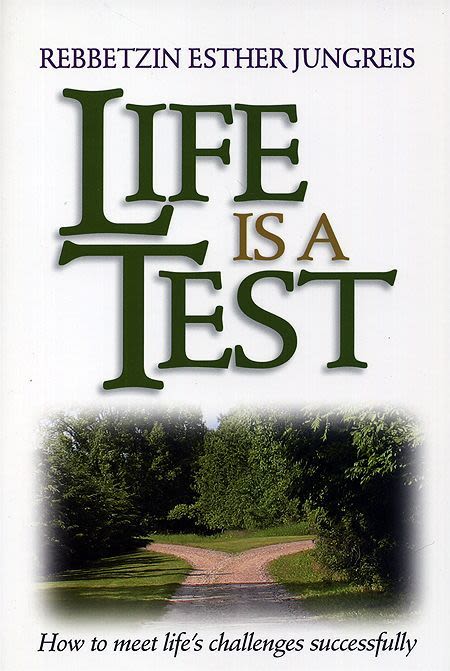

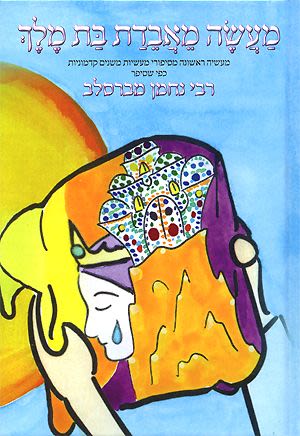
Tell us what you think!
Thank you for your comment!
It will be published after approval by the Editor.